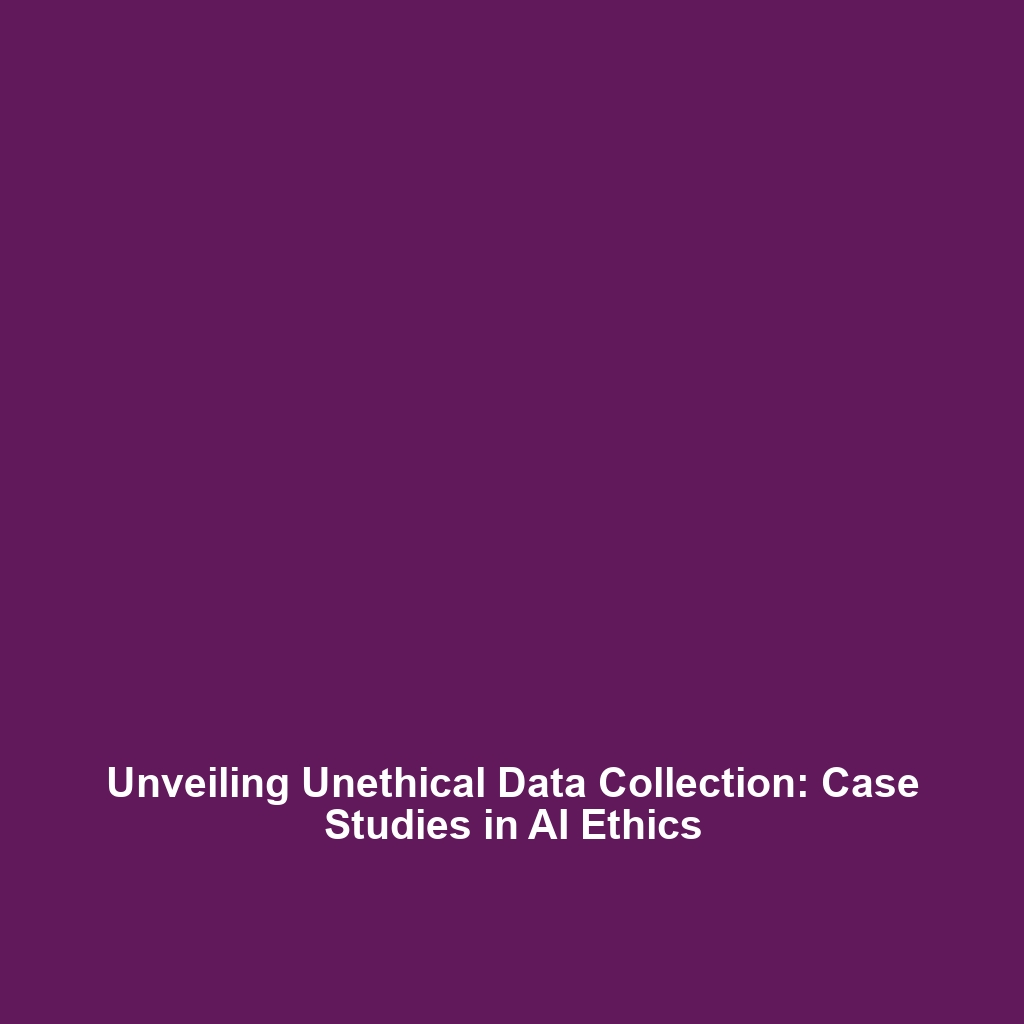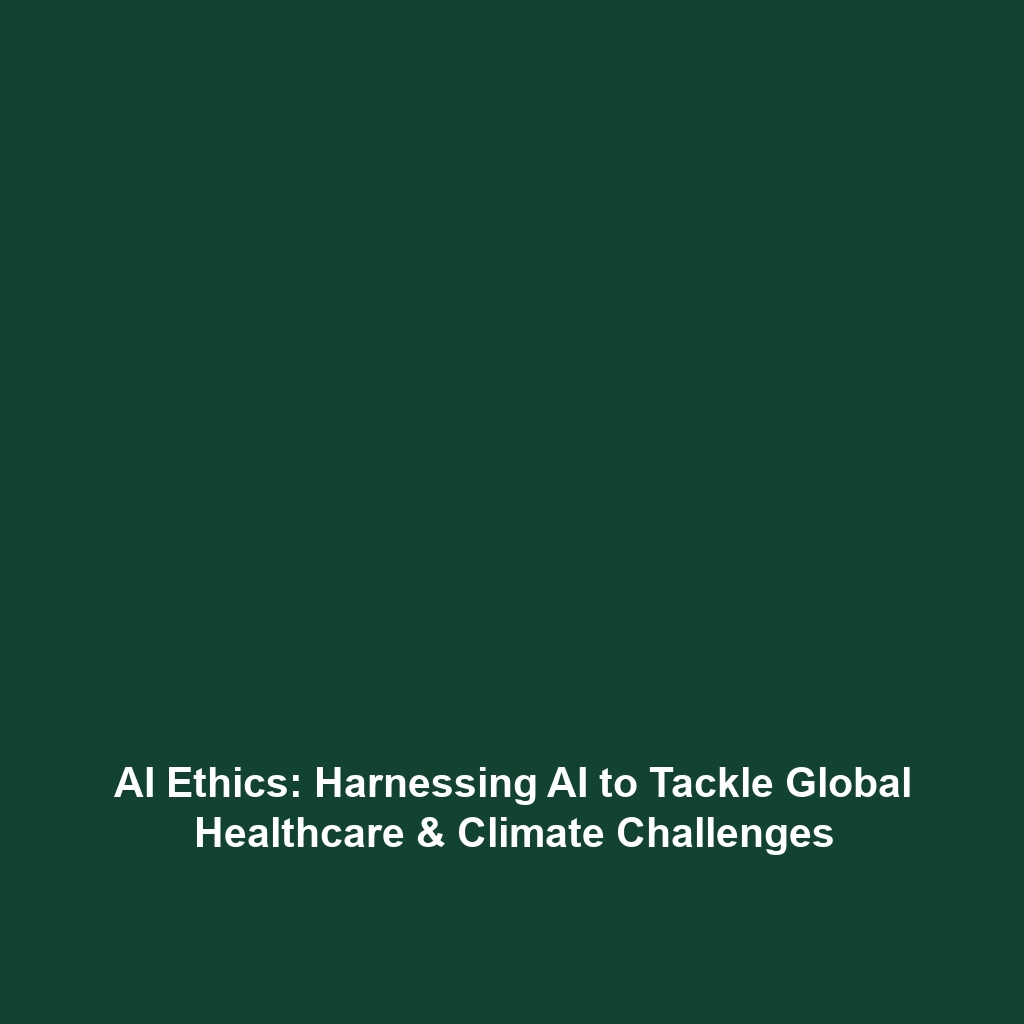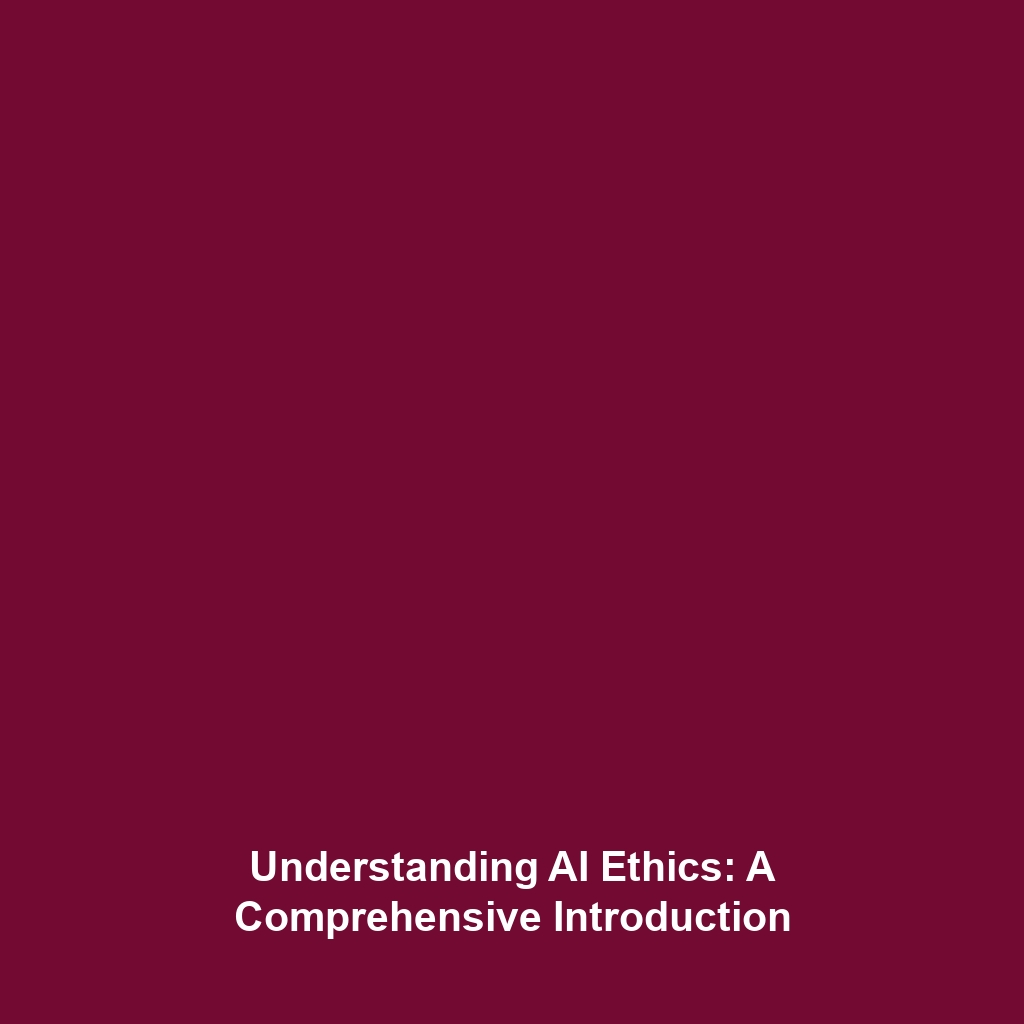Privacy and Security: The Risks of Advanced Humanoid Robots
Introduction
The advent of advanced humanoid robots has opened up a world of possibilities, but it also raises significant concerns regarding privacy and security. As these robots become increasingly integrated into our daily lives, understanding the associated risks is vital. Humanoid robots are designed to interact with humans and carry out tasks ranging from household chores to healthcare assistance. However, their capability to collect and process personal data leads to potential vulnerabilities, making it crucial to address these risks within the broader context of humanoid robots.
Key Concepts
Understanding the privacy and security risks of advanced humanoid robots involves several key concepts:
- Data Collection: Humanoid robots often rely on sensors and cameras, enabling them to gather large amounts of personal data.
- Data Storage and Management: The method by which this data is stored poses a security threat if not properly managed.
- Interconnectivity: Many humanoid robots are connected to the internet, increasing the risk of unauthorized access and cyber threats.
- Ethical Considerations: The ethical implications of decision-making by robots can lead to privacy violations and biases.
Applications and Real-World Uses
Advanced humanoid robots have numerous applications, yet they also carry risks related to privacy and security:
- Healthcare: Robots assisting in patient care can unintentionally disclose sensitive patient information, illustrating the need for stringent security measures.
- Corporate Security: Humanoid robots used for surveillance may collect data that could infringe on personal privacy if appropriate guidelines are not in place.
- Social Interaction: In scenarios where humanoid robots engage with vulnerable populations, concerns arise about data exploitation.
Understanding how privacy and security factors into these applications is essential for ethical development and deployment.
Current Challenges
Several challenges currently hinder our understanding and management of privacy and security risks in humanoid robots:
- Regulatory Frameworks: There is a lack of comprehensive regulations governing the use of data collected by humanoid robots.
- Public Perception: Misunderstanding surrounding humanoid robots can lead to distrust, limiting their widespread acceptance.
- Technological Limitations: Current encryption and security measures may not be sufficient to protect sensitive data.
Future Research and Innovations
The future of humanoid robots concerning privacy and security is promising, with ongoing research focusing on:
- Enhanced Security Protocols: Development of advanced algorithms to secure data against unauthorized access.
- Ethical AI: Research aimed at creating ethical frameworks for decision-making in humanoid robots.
- Public Engagement: Initiatives to educate the public about the benefits and risks associated with humanoid robots, fostering a healthier public discourse.
Conclusion
The exploration of privacy and security risks associated with advanced humanoid robots is crucial as technology evolves. Implementing robust security measures, understanding ethical implications, and fostering public engagement will play pivotal roles in shaping the future of humanoid robots. As we move forward, further research and innovation in this domain are needed to ensure safety without compromising the benefits that these technologies offer. For more information on humanoid robots and their implications, visit our related articles section.









